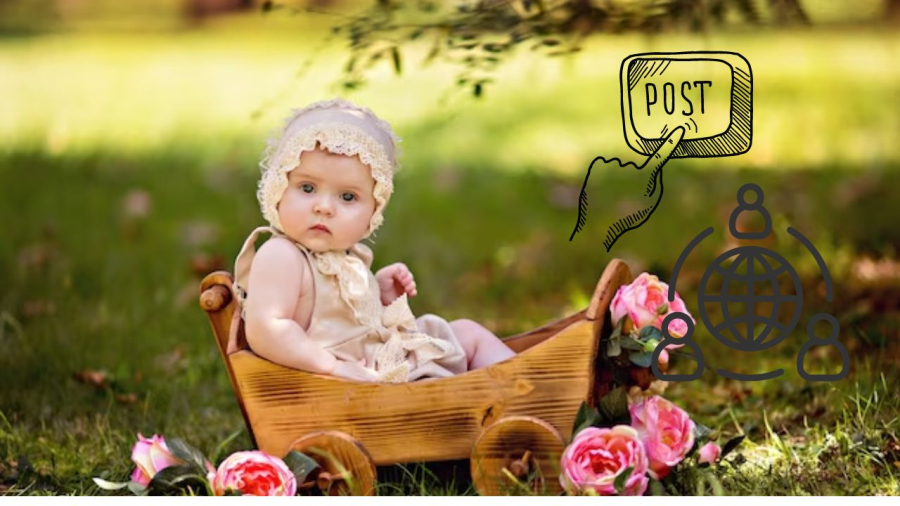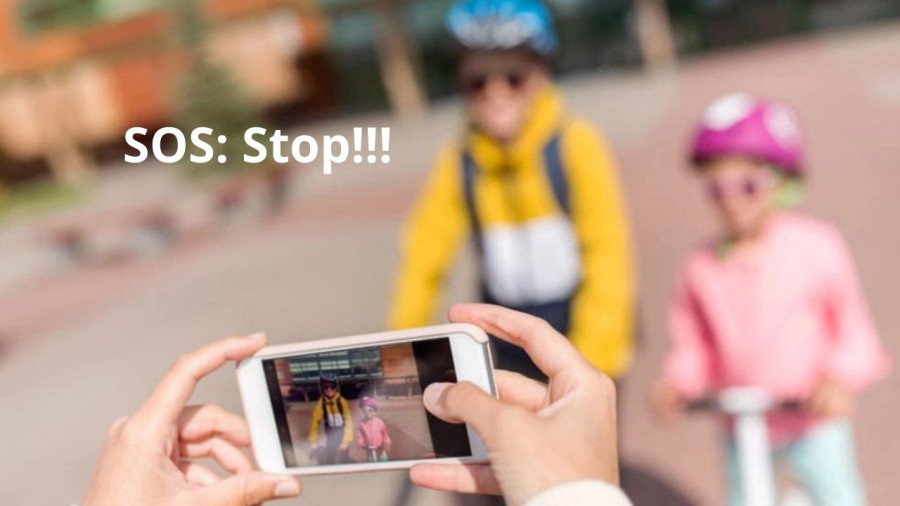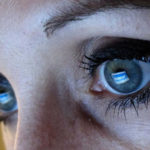With the prevalence of social media, many users feel the urge to showcase their children online, often revealing too much information. It’s crucial to remember that posting children’s photos on social media can expose them to four terrifying dangers:
Sexual Predator Targeting:
There are numerous online predators on social media platforms. When you publicly post your child’s photos, you risk exposing them to these predators. Your child’s images may become targets for their vile intentions. Additionally, some children may feel uncomfortable with their images being shared, leading to psychological distress. France’s data protection agency has urged parents to strengthen privacy controls to limit access to their family’s images by malicious entities. Carefully consider the risks before posting your child’s photos online.

Limit sharing personal information about your children. Illustrative image
Impersonation and Exploitation:
Some individuals misuse children’s images for impersonation and financial gain. Malicious actors may find children’s photos online and pretend they are their own, fabricating stories to gain attention and engagement. Certain accounts even use hashtags like #openrp, #adoptionrp, and #babyrp, indicating the child is available for adoption. Do not enable these imposters to profit from your child’s image.
Involuntary Child Pornography:
Posting sensitive images of your child can make them a target for child pornography. Avoid sharing revealing photos of your child at a young age, as they may end up on dark web sites. Even fully clothed images can be manipulated with Photoshop or AI to extract your child’s face and body.

Posting detailed information and photos of your child on social media can put them at risk.
Image Manipulation and Cyberbullying:
While photo manipulation can be humorous among friends, it can also go too far and cause harm. Image manipulation may lead to cyberbullying and negatively impact your child’s well-being. Additionally, posting your child’s photos without their consent can create negative emotions within the family dynamic. As your child grows older, they may resent the lack of privacy and control over their online presence. In France, parents can face legal consequences, including a year in prison and a €45,000 fine, for publicly sharing private details of their children’s lives without consent.
While social media offers many benefits, it has also become a breeding ground for malicious activities. Do not make your child a target for criminals by oversharing their personal information and images online. What may seem harmless now could lead to devastating consequences later. Take proactive steps to protect your child’s privacy and refrain from posting their photos and private details on social media.
10 Unexpected Negative Effects of Social Media
Are you aware of the potential negative effects of excessive reliance on social networks such as Facebook, Twitter, and Tumblr? In this article, we’ll explore the 10 most dangerous side-effects of overindulging in social media and discover how to protect ourselves from becoming victims of these risks.


































